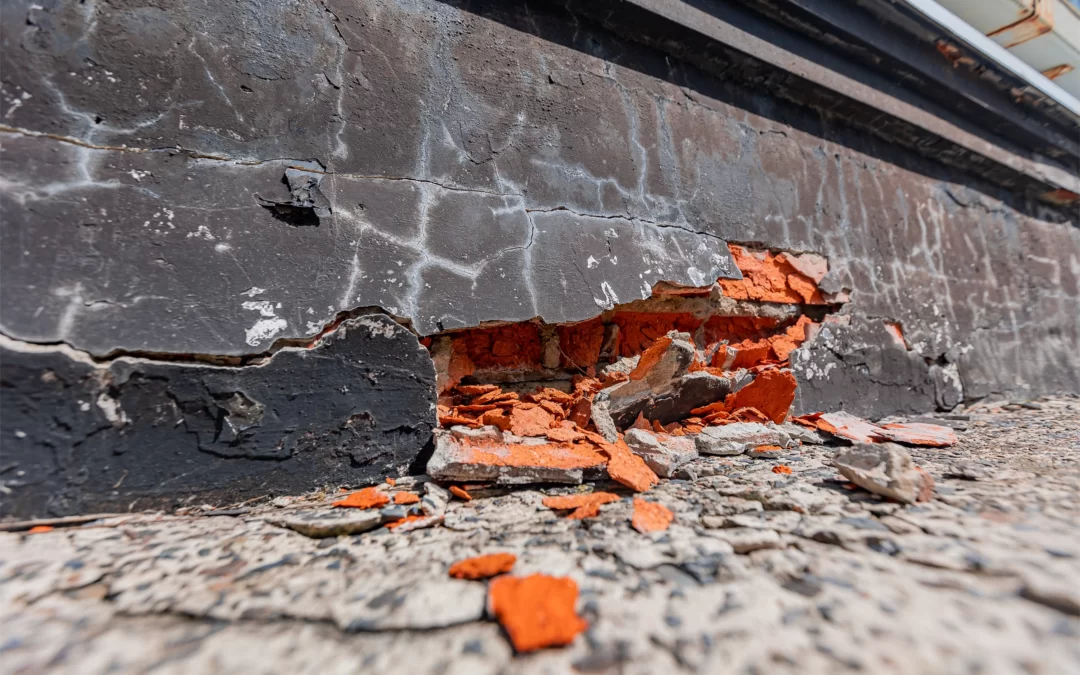Court Rejects New Contract Entered into Relating to Defect Rectification Works
In the recent judgment of James v Jandson Pty Ltd [2022] NSWSC 1686, the Supreme Court dismissed an appeal by a homeowner seeking to appeal out of time for breach of statutory watrrranties under the Home Building Act 1989 (HB Act) on the argument that, prior to the 7-year appeal period expiring (being the relevant appeal period under the HB Act as at the date of the contract), the parties entered into a new building contract under the HB Act, triggering a new warranty period.[1]
Background
The homeowner entered into a contract with the builder to construct a residential dwelling on 23 March 2009. Shortly after the homeowner took occupancy, water leakage to part of the development was identified. Some 9 years later, on 28 June 2018, the homeowner commenced proceedings against the builder for breach of the statutory warranties under s 18B of the HB Act.
In the judgment at first instance, the NCAT Senior Member accepted that correspondence passing between the parties throughout 2017, including offers and counter-offers relating to the scope of rectification works required to be carried out to the development, constituted “a separate, new contract which provided a promise to undertake a defined scope of works” between the parties for the purposes of the HB Act, triggering a new warranty period for those works. That new warranty entitled the homeowner to the relief it sought under the HB Act, with NCAT ordering the builder to carryout various rectification works. The builder appealed to the Appeal Panel of NCAT.
Jandson Pty Ltd v James [2021] NSWCATAP 274
The Appeal Panel reviewed the evidence, which included various submissions by the parties regarding who said what and who wrote what, including:
- A site meeting was convened on 15 August 2017 between the parties to discuss the scope of rectification works, at which meeting, the homeowner contended, an agreement was reached with the builder, but the builder contended that it only ever agreed to the scope of work it agreed to perform.
- The builder was granted access to the site by the homeowner’s solicitor during this period to carry out some remediation works, which the homeowner contended was confirmation of the agreement.
- The builder put a counteroffer to the homeowner’s solicitor on 24 August 2017, which the homeowner said was accepted, save for the fact that, during cross examination, the homeowner was not aware of when the counteroffer was made or when it was accepted.
Having considered evidence before NCAT in the first instance, the Appeal Panel concluded that it was not open to the Senior Member to find the builder’s correspondence and conduct, and the homeowner’s responses satisfied the required elements of a separate, new contract for the purposes of the HB Act. On that basis, the Appeal Panel held that the homeowner was time barred from any relief under the HB Act.
The homeowner appealed to the NSW Supreme Court, pleading numerous errors made by the Appeal Panel.
James v Jandson Pty Ltd [2022] NSWSC 1686
The homeowner contended on appeal that, objectively viewed, an agreement was reached between the parties in 2017 having regard to: (1) the builder’s offer of 24 August 2017 which put forward a scope of remediation works; (2) the fact that the homeowner’s solicitor received the builder’s offer; (3) the fact that the homeowner did not sue the builder; and (4) the fact that the homeowner continued to allow builder access to the site during this period. It was submitted that the homeowner’s conduct on his own part or by his solicitor is what mattered, from an objective stance, and the Appeal Panel failed to engage in this point.
The Court disagreed, observing that these factual observations did not satisfy the requisite requirements for establishing an agreement, objectively viewed. The Court cited the High Court authority of Toll (FGCT) Pty Ltd v Alphapharm Pty Ltd (2004) 219 CLR 165 at [40]:
The Court found that the Appeal Panel adequately considered all the relevant correspondence and conduct of the parties and the applied the correct test. The Court further noted the conclusion of the Appeal Panel: “when viewed objectively as a whole, the dealings between the parties do not demonstrate that they had a concluded agreement”.
Further pertinent observations were made in the judgment:
- The definition of “building works” under the HB Act does not include work associated with the rectification of defects in the building works notified during the defects liability period. The completion date of the rectification works does not therefore constitute the completion date for the building works triggering the commencement of the warranty period under the HB Act.
- The date of the Final Occupation Certificate issued in connection with the building does not, unless expressly stated in the building contract, represent the date on which the building works were completed for the purposes of the HB Act.
In a lengthy judgment, the Court ultimately held that the homeowner failed to establish any error of law in the judgment of the Appeal Panel. The homeowner was therefore time barred from any relief under the HB Act.
Observations
The judgment of James v Jandson Pty Ltd makes clear that if the parties to an existing building contract are intent on entering into a new agreement to deal with building rectification works associated with an existing building contract, which would consequently initiate a new warranty period under the HB Act, that agreement would need to be formulated in such a way as to evidence a concluded agreement, objectively viewed. That agreement need not be in form of a formal written agreement or deed; but could be established by correspondence and conduct if sufficiently conclusive.
The advantages for homeowners in entering into a new building contract for rectification work associated with an existing contract are obvious, procuring a new statutory warranty period for that work. From a builder’s perspective, however, it makes little sense at all, and it is difficult to see in what circumstances a builder would commit to any new agreement and a further warranty period. In these circumstances, in the sometimes-robust dialogue passing between homeowners and builders following completion of building works – relating to building defects – it paramount that builders expressly disclaim in correspondence and conduct that it is embracing any new agreement. For abundant caution, it should be expressly stated in correspondence pertaining to building defects with the homeowner and its representatives that any and all rectification works agreed to be carried out by the builder are done so under the original building contract, and do not represent building works for the purposes of the HB Act.
Footnotes
[1] The HB Act was amended by the Home Building Amendment Act 2011 (NSW) which came into force, variously, on 25 October 2011 and 1 February 2012. The limitation period in s 18E was altered from seven years to six years for “structural/major” defects and two years in any other case.
The contents of this publication are for reference purposes only. This publication does not constitute legal advice and should not be relied upon as legal advice. Specific legal advice should always be sought separately before taking any action based on this publication.
Liability limited by a scheme approved under Professional Standards Legislation.
Author: Anthony Perkins


